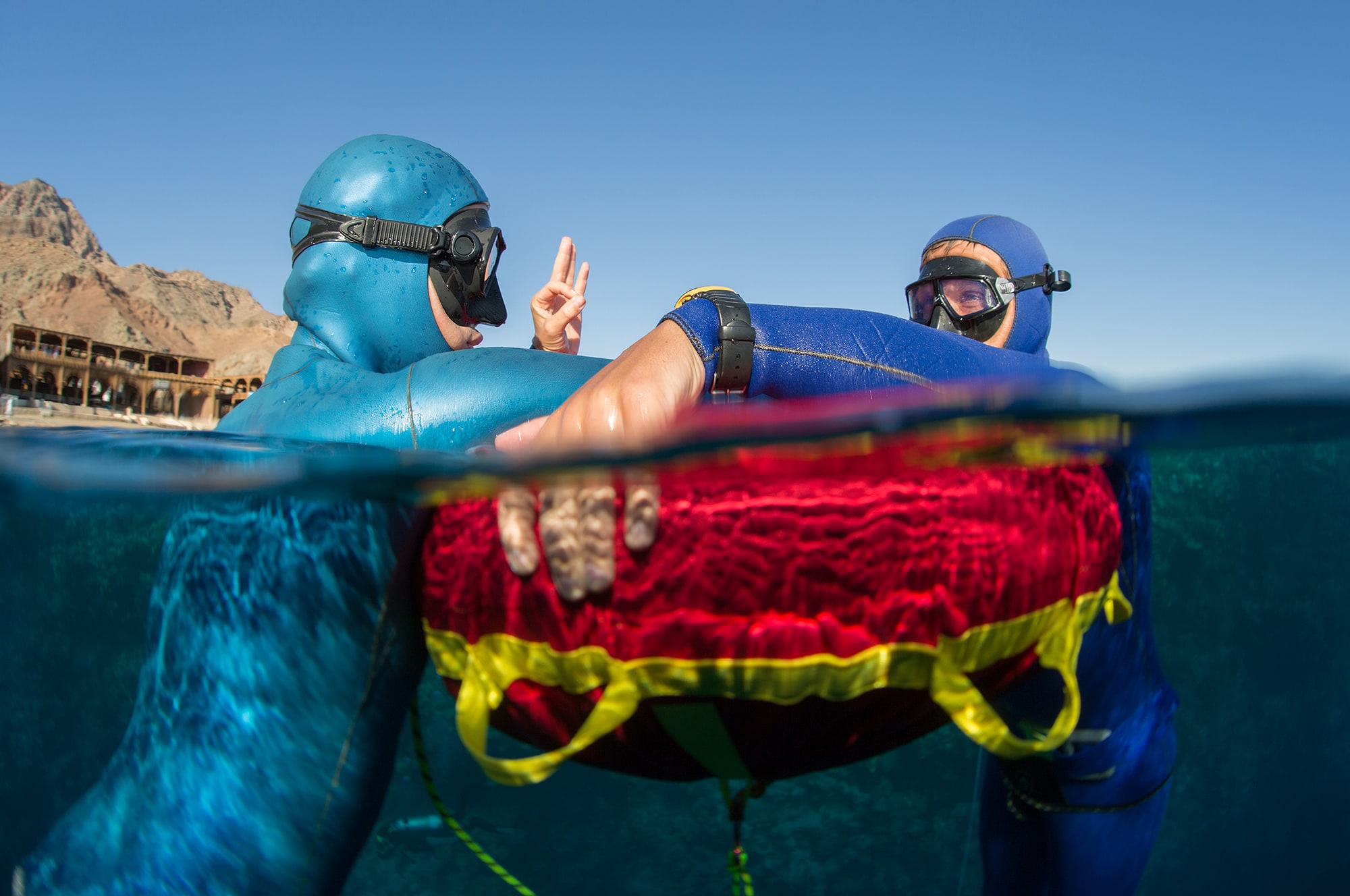Diabetes “in Real Time”
Until a few years ago, being diabetic was considered in absolute discordance with diving. Thanks to scientific studies conducted on the subject, today divers with diabetes can dive regularly by following certain procedures to guarantee safety.
Which checks must a diver with diabetes perform before diving? First of all, there is a protocol that requires checking the blood glucose by withdrawing a small amount of blood from a capillary (usually from the fingertips) 60, 30, and 10 minutes before a dive. If the levels are normal, he/she can dive, then, 15 minutes after the dive, the blood glucose level must be checked again to reveal possible changes since prior to the dive.
Thanks to this protocol, many divers with diabetes, after some initial difficulties, have been able to enjoy fantastic dives. That in itself is a success!
However, there was still much to explore. Researchers at DAN have met a challenge: being able to monitor the glycemic level underwater, in real time. A job not without technical difficulty that requires important commitments.
The project began with the collaboration of various Partners. The first was Movi, a company in Milan (Italy) with vast experience in the field of medical technology. Movi provides a device that monitors the blood level continuously for 24 hours, and for multiple consecutive days. Thanks to a small sensor beneath the skin, the glycemic level can be transmitted on a screen display that shows not only the variations in numbers (eg. 120), but also the trend toward high or low levels, indicated by arrows.
Obviously the device was not designed for a dry case and not adapted to diving. However, we immediately acknowledged the need to create a new product and to test it. This project was too important: being able to acquire such readings, measured in real time during a dive, would mean guaranteeing the total safety of divers with diabetes.
Thus followed weeks of work of designing and testing with a second partner involved in the initiative, Dive System, who presented its engineers, and provided know-how and its laboratory to design a new dry container. The tests carried out in the pool had to then be confirmed by a series of real dives at various depths. The perfect opportunity presented itself with a dive cruise in the Maldives that DAN researchers were going on, to carry out another project in the works, Flying Bubbles (an analysis of No-Fly Time, a project conducted in collaboration with Albatros Top Boat, Neos and Dive System).
One intense week of diving, during which Natasha, a diabetic diver, joined the group of researchers to finally test, both in flight and in free waters, the new blood level monitoring instrument.
There was much enthusiasm, but also fear to see our efforts thwarted once the trial dives got underway. Would the wireless transmitter leading from the sensor placed under Natasha’s skin to the external computer monitor work correctly? The depth increases, and we’re at 30 metres. I ask Natasha if the needle under her skin bothers her, and she responds with a sure, enthusiastic “no,” and the dive continues, while the first data is recorded on the monitor. It is confirmed that the instrument works… The rest of the week is a succession of emotions and numbers. The “Diving with Diabetes in Real Time” project has yielded results that are the first ever of their kind in the world!
The first phase of research should lead to the production of a series of instruments made to monitor blood sugar that are easy to use for all divers with diabetes who wish to enjoy the beauty of the water.
This project, the first of its kind in the world, is conducted by researchers at DAN Europe, as always a great benefit to the entire community of divers.
More information:
DAN Europe Research: www.daneurope.org
The Blog of Natasha Bertozzi: immersioni-natasha84.blogspot.it
The Principal Activities of the DAN Europe Foundation
• Specialized medical consultation 24/7
• Insurance covers made for divers
• Travel assistance
• Scientific research
• First Aid courses
Info: www.daneurope.org

